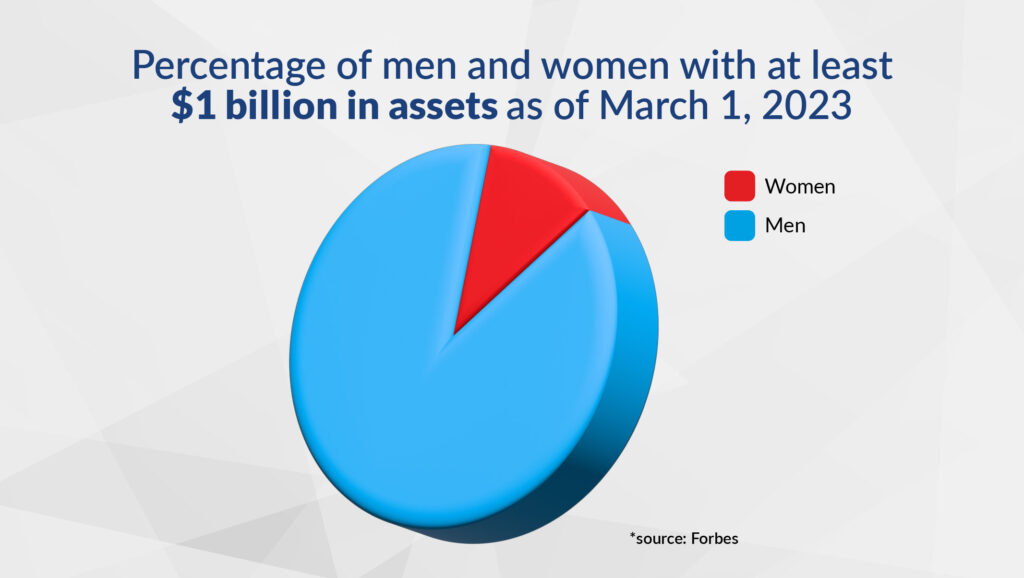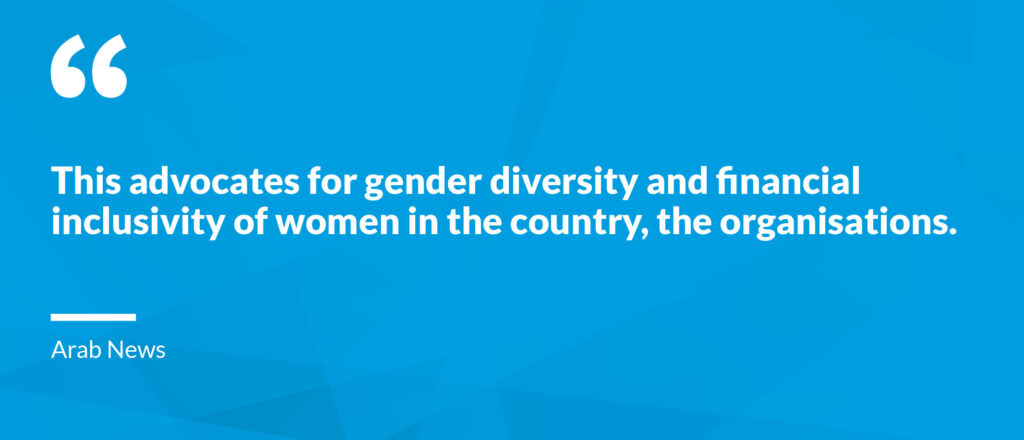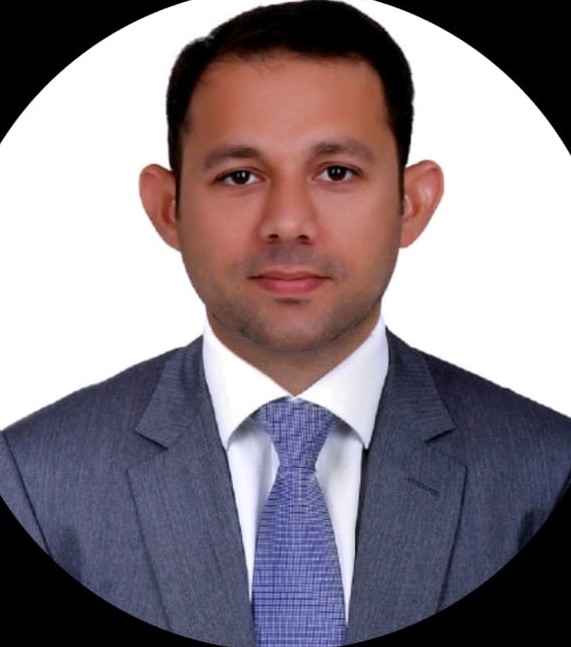Now that the government is actively taking measures to push women to the forefront of things, what does it really mean?
Here’s how the partnership between the Family Office and the Playbook in Saudi enables something that has never been done before.
Gender Equality: MENA is finally recognising the importance of gender equality and wants to ensure that women have the same opportunities as men in all areas of the economy, including traditionally male-dominated fields like finance and wealth management.
Economic Empowerment: By encouraging women to participate in wealth management and other financial roles, MENA is aiming to empower women financially. This can have a significant impact on their economic well-being and independence.
Skill Development: Initiatives include programmes for skill development and education, enabling women to acquire the necessary knowledge and expertise to excel in wealth management.
Increased Representation: Governments want to see a higher representation of women in leadership roles within the financial sector, including executive positions, decision-making roles, and boards of directors.
Inclusivity and Diversity: Promoting women in wealth management is part of a broader effort to foster financial inclusivity.
Economic Growth: Encouraging women to participate in wealth management can contribute to overall economic growth by tapping into the talents and perspectives of a previously underrepresented group.
Social and Cultural Shift: These measures can also help challenge and change traditional social and cultural norms that may have limited women’s participation in certain sectors.
How can digital banking help?
Digital banking is a powerful tool for promoting financial inclusion for women in the MENA region. In the MENA region, traditional banking services are often not easily accessible, especially in remote areas. Digital banking addresses this challenge by allowing women to access financial services via smartphones or computers, overcoming geographical barriers. It offers convenience, enabling women to conduct various transactions like payments and savings from the safety of their homes. Moreover, digital banking platforms often provide financial education resources, empowering women with the knowledge to make informed financial decisions. These platforms also tend to have lower costs, making them more affordable for women with limited resources. Additionally, the security features of digital banking help protect women’s financial assets. By providing access to credit and greater control over their finances, digital banking empowers women, enhances their economic independence, and fosters gender equality in the MENA region.
Clayfin’s role in advancing MENA’s digital banking revolution
Clayfin plays a crucial role in the world of third-party digital banking solutions, providing vital support to banks aiming to modernise and keep up with the ever-changing financial environment. In an era where customer expectations are evolving rapidly, Clayfin empowers banks to achieve two fundamental goals: embracing digital transformation and meeting their customers’ demands.
Our expertise can enable you to enter a new era of personalised banking experiences. Through our advanced solutions, you can provide custom-tailored services that deeply resonate with each customer. This shift transforms routine transactions into memorable, one-of-a-kind journeys.
Furthermore, our contribution goes beyond technology adoption; it allows you to refocus on your core missions and strategic objectives of achieving financial inclusion. By taking on the responsibility of technological innovation and digital optimisation, we free you to direct your time and energy towards what truly matters – serving their customers and fulfilling their unique missions. With Clayfin as a trusted partner, you can confidently step into the modern banking landscape, offering your customers seamless and personalised financial services.


